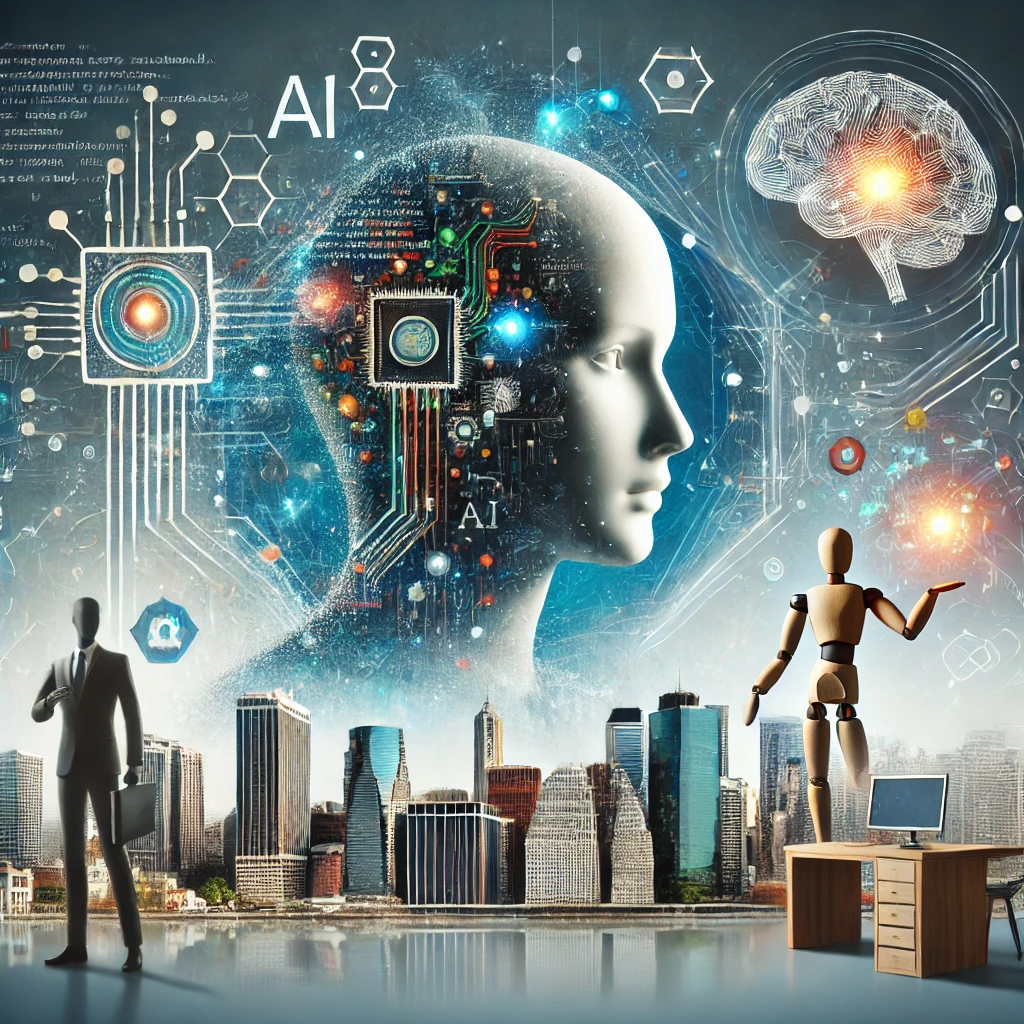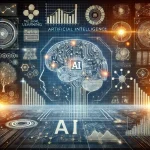The field of Artificial Intelligence (AI) is rapidly evolving, offering a plethora of career opportunities for individuals with the right skills and knowledge. As AI continues to integrate into various industries, the demand for AI professionals is soaring. This article provides a comprehensive guide on how to start a career in AI, highlighting the essential skills required and the pathways to develop a successful career in this dynamic field.
Understanding AI and Its Applications
Artificial Intelligence is a branch of computer science that aims to create systems capable of performing tasks that typically require human intelligence. These tasks include learning, reasoning, problem-solving, perception, language understanding, and more. AI has a wide range of applications across industries, including healthcare, finance, automotive, robotics, and entertainment. Understanding these applications can help you identify the areas that align with your interests and career goals. By appreciating the vast scope of AI, you can better navigate your path and find a niche that excites you.
Essential Skills for a Career in AI
To build a career in AI, certain foundational skills are crucial. These skills include:
1. Programming Languages
Proficiency in programming languages such as Python, R, Java, and C++ is fundamental. Python, in particular, is widely used in AI due to its simplicity and extensive libraries like TensorFlow, Keras, and PyTorch, which are essential for machine learning and deep learning projects. Mastering these languages not only equips you with the technical capabilities but also makes you adaptable to various AI projects and challenges.
2. Mathematics and Statistics
A strong understanding of mathematics and statistics is vital. Concepts such as linear algebra, calculus, probability, and statistical methods form the backbone of AI algorithms. These skills are necessary to develop and fine-tune AI models effectively. By grounding yourself in these mathematical principles, you can better understand how algorithms work and how to improve them.
3. Machine Learning
Machine learning is a subset of AI that focuses on building algorithms that allow computers to learn from and make decisions based on data. Knowledge of supervised, unsupervised, and reinforcement learning techniques is essential. Familiarity with machine learning frameworks and tools like Scikit-Learn, XGBoost, and LightGBM is also beneficial. The ability to create models that learn and adapt is at the heart of AI, and honing this skill is key to your success in the field.
4. Data Handling and Processing
AI relies heavily on data. Skills in data collection, cleaning, processing, and visualization are critical. Understanding databases, data warehousing, and tools like SQL, Hadoop, and Spark will help manage and analyze large datasets efficiently. Efficient data handling ensures that your models are built on robust and accurate information, leading to better outcomes and insights.
5. Deep Learning
Deep learning involves neural networks with multiple layers that can model complex patterns in data. Proficiency in building and training deep learning models using frameworks like TensorFlow and PyTorch is highly valuable. Knowledge of convolutional neural networks (CNNs), recurrent neural networks (RNNs), and generative adversarial networks (GANs) is also important. Deep learning is revolutionizing many aspects of AI, from image recognition to natural language processing, making it a crucial area to master.
6. Natural Language Processing (NLP)
NLP is a crucial component of AI that deals with the interaction between computers and human language. Understanding NLP techniques such as tokenization, part-of-speech tagging, sentiment analysis, and language modeling is essential for working on projects involving text and speech. As language-based AI applications become more prevalent, expertise in NLP will open up numerous opportunities in developing intelligent systems that can understand and respond to human language.
7. Problem-Solving and Critical Thinking
AI professionals must have strong problem-solving and critical thinking skills to develop innovative solutions. The ability to approach problems methodically, break them down into manageable parts, and devise effective algorithms is crucial. Critical thinking allows you to assess the strengths and weaknesses of different approaches, leading to more effective and efficient solutions.
Pathways to Develop a Career in AI
Building a career in AI involves a combination of education, practical experience, and continuous learning. Here are some pathways to help you get started:
1. Formal Education
Pursuing a degree in computer science, data science, or a related field provides a solid foundation. Many universities offer specialized AI programs and courses that cover essential topics such as machine learning, deep learning, and robotics. Additionally, online platforms like Coursera, edX, and Udacity offer AI-related courses and certifications. These educational pathways not only provide you with the necessary knowledge but also open doors to research opportunities and networking with professionals.
2. Practical Experience
Gaining hands-on experience is crucial for applying theoretical knowledge. Participating in internships, research projects, and AI competitions like Kaggle can provide valuable practical experience. Building a portfolio of projects showcasing your skills can also help demonstrate your capabilities to potential employers. Real-world experience allows you to tackle actual problems, understand industry needs, and apply your learning in practical scenarios.
3. Networking and Community Engagement
Engaging with the AI community through forums, meetups, and conferences can provide insights into industry trends and networking opportunities. Joining professional organizations such as the Association for the Advancement of Artificial Intelligence (AAAI) and the Institute of Electrical and Electronics Engineers (IEEE) can also be beneficial. Networking helps you stay informed about the latest advancements, find mentors, and discover job opportunities.
4. Continuous Learning
The field of AI is constantly evolving, making continuous learning essential. Keeping up with the latest research papers, attending workshops, and taking advanced courses can help you stay updated with new developments. Following AI thought leaders and industry experts on social media platforms can also provide valuable insights. Embracing a mindset of lifelong learning ensures that your skills remain relevant and you stay ahead in this competitive field.
5. Specialization
AI is a broad field with numerous specializations. Identifying and focusing on a particular area such as computer vision, NLP, robotics, or reinforcement learning can make you an expert in that domain. Specialization can open up opportunities for advanced roles and research positions. By becoming a specialist, you can contribute to cutting-edge developments and drive innovation in your chosen area.
Conclusion
Starting a career in AI requires a combination of technical skills, practical experience, and a commitment to continuous learning. By developing a strong foundation in programming, mathematics, and machine learning, and by engaging with the AI community, you can position yourself for success in this exciting and rapidly evolving field. As AI continues to transform industries, the opportunities for skilled professionals will only continue to grow, making now an excellent time to embark on a career in AI. Whether you are just starting or looking to advance your career, the field of AI offers endless possibilities for those willing to learn and innovate.



AI sounds cool and all, but it’s a bit overwhelming with all these skills you need. Like, do I really need to be an expert in programming, math, AND deep learning just to get started? Seems like a never-ending learning curve
to get started? nah you dont need much but to actually make some real gains from it…
Ready to dive into AI! 🤖 Code, math, & community = success. 🚀 Super excited for the opportunities! 💪